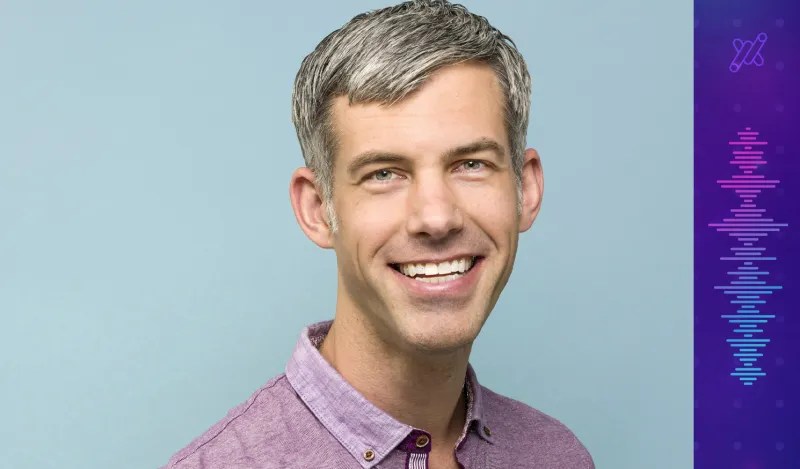Description
Mike Evenson was joined by Byron Harrison, the leader of Charcoalblue’s global acoustics practice. They discussed Byron’s recent paper, Performance Buildings in the Post-Pandemic World, which focuses on the changes venues will need to consider when artists and audiences return. They take a look back in history at how theaters confronted the challenges presented by the 1918 flu pandemic and what we can learn from their actions. Topics of conversation also included the increased scrutiny of the health-worthiness of venues, the need to quickly learn from the canaries in the coal mines, the psychology of social distance seating and the increased opportunities to leverage local talent when doors re-open.
We invite you to learn more about Charcoalblue and to follow them on Twitter at @Charcoalblue.
